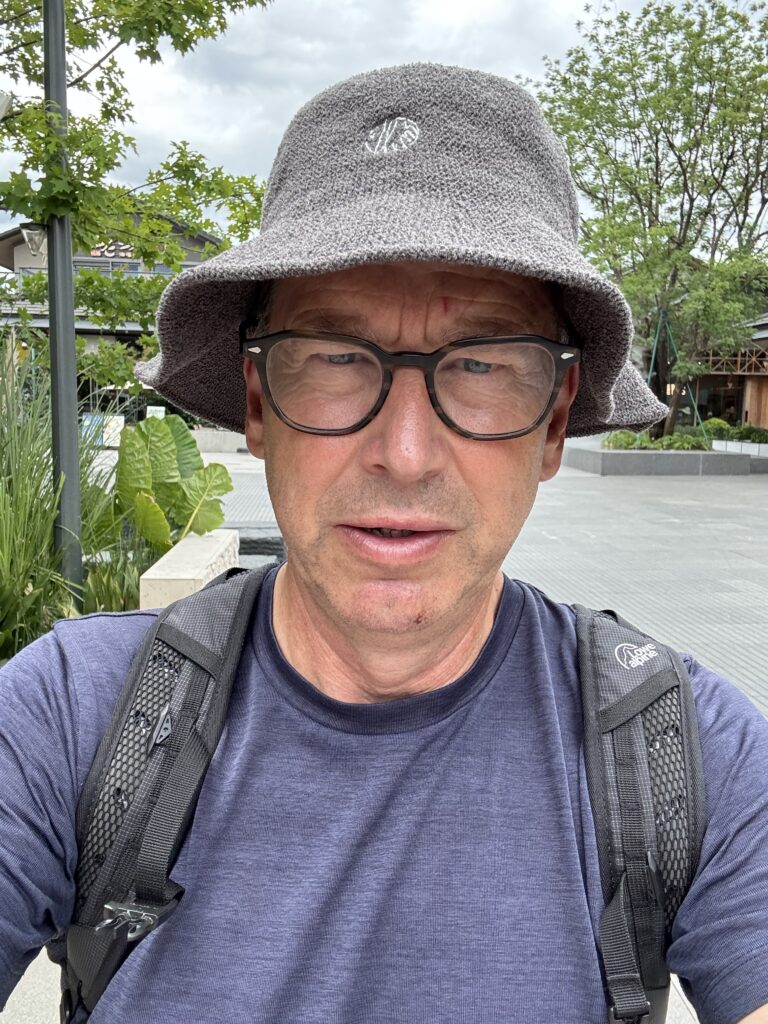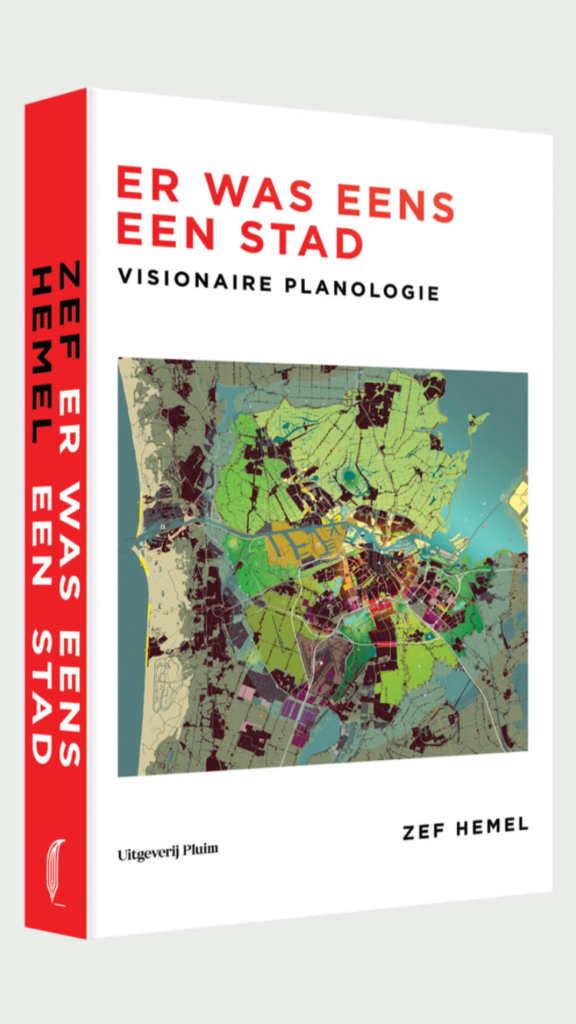
About the author
While big pretentions in the past have jeopardized the future of urban and regional planning, in his research and planning Zef Hemel tries to focus on its core: economy, ecology, democracy, art and imagination. He is searching for a new kind of open planning – a planning easily adjusting to permanently changing circumstances and benefitting from unexpected opportunities. In all his planning projects, Hemel works with artists, invites them to engage with citizens, thus using the city as a ‘brain’, as a potential space of ‘collective intelligence’. Such a radically different – ‘open source’ – planning is needed, because the world is urbanizing fast and seems to be rushing into one crisis after another. Because of the growing complexity, planning is local, persuasive, from the bottom up, at the level of individual cities and their spheres of influence. Since 2020, Zef Hemel is walking.
Zef Hemel (1957) is an urban and regional planner. Since 2022 he is holding the Abe Bonnema Chair at Delft Technical University and Groningen University, the Netherlands. In the past he was chief editor of ‘Stedebouw & Ruimtelijke Ordening’ (Urban and Regional Planning), the professional magazine for urban planners and designers of the former Dutch Institute of Housing and Spatial Planning in The Hague. In 2011 he organized, as a member of the think tank of the former Ministry of Housing, Spatial Planning and the Environment, the symposium ‘Creative Cities’ in Amsterdam. From 2001 to 2004 he was director of the Rotterdam Academy of Architecture and Urban Design. In 2004 he moved to Amsterdam, where he became member of the board of the Urban Planning Department of the city. From 2012 till 2022 he was Professor on Urban and Regional Planning at the University of Amsterdam (the Wibaut Chair). In 2019 he has asked to make a long-term vision for the inner-city of Amsterdam. Hemel studied human geography at Groningen University and wrote his PhD in History of Art at the University of Amsterdam, for which he was awarded the Prof. Ter Veen Award 1994. And yes, he wrote a book.
Contact: Zefhemel@hotmail.com, j.j.m.hemel@tudelft.nl, j.j.m.hemel@rug.nl
